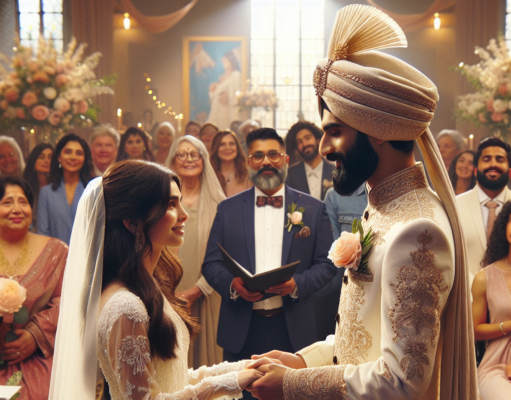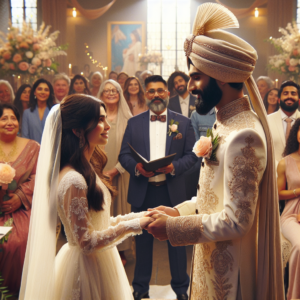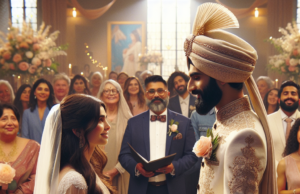Unlocking Lasting Love: The Surprising Impact of Pre-Marital Counseling

In an era where the institution of marriage is often scrutinized and questioned, pre-marital counseling has emerged as a vital tool for couples seeking to build a strong foundation for their future together. This form of counseling provides partners with the opportunity to explore their relationship dynamics, address potential challenges, and develop essential skills that can enhance their bond. As more couples recognize the value of pre-marital counseling, research indicates that it can significantly contribute to lasting love and relationship satisfaction.
Understanding Pre-Marital Counseling: A Foundation for Lasting Relationships
Pre-marital counseling is a structured process designed to help couples prepare for marriage by addressing various aspects of their relationship. Typically facilitated by a licensed therapist or counselor, these sessions focus on topics such as communication, conflict resolution, and shared values. The goal is to equip couples with the tools they need to navigate the complexities of married life. By engaging in pre-marital counseling, partners can identify potential areas of conflict and develop strategies to manage them effectively, ultimately laying a solid foundation for a lasting and fulfilling marriage.
The Psychological Benefits of Pre-Marital Counseling for Couples
Engaging in pre-marital counseling offers numerous psychological benefits that can enhance the overall well-being of couples. Research indicates that couples who participate in counseling before marriage report higher levels of relationship satisfaction and lower rates of divorce. This is largely attributed to the opportunity for partners to openly discuss their expectations, fears, and aspirations in a safe environment. By fostering emotional intimacy and understanding, pre-marital counseling can help couples build resilience against future challenges, promoting a healthier and more supportive partnership.
Communication Skills: How Counseling Enhances Relationship Dynamics
Effective communication is often cited as one of the most critical components of a successful marriage. Pre-marital counseling provides couples with the skills necessary to communicate openly and honestly, which can prevent misunderstandings and conflicts down the line. Counselors often teach techniques such as active listening, assertive expression of feelings, and constructive feedback. By practicing these skills in a guided setting, couples can learn to navigate difficult conversations and express their needs and desires more clearly. This enhanced communication dynamic not only strengthens the relationship but also fosters a deeper emotional connection between partners.
Addressing Financial and Emotional Challenges Before Marriage
Financial stress and emotional challenges are common issues that can strain marriages. Pre-marital counseling allows couples to address these topics proactively, ensuring they are on the same page before tying the knot. Discussions about finances can include budgeting, spending habits, and financial goals, which are crucial for preventing future conflicts. Additionally, couples can explore their emotional histories and how past experiences may impact their relationship. By tackling these challenges head-on, partners can develop a shared understanding and create a plan for managing potential stressors, ultimately contributing to a more harmonious marriage.
Real-Life Success Stories: Couples Who Thrived After Counseling
Many couples have experienced transformative outcomes after participating in pre-marital counseling. For instance, Sarah and Tom, who sought counseling to address their differing views on family planning, discovered that open dialogue about their values and goals not only strengthened their relationship but also deepened their commitment to one another. Similarly, Emily and Jake, who faced financial disagreements, found that counseling equipped them with the tools to create a joint budget and communicate about money more effectively. These success stories illustrate that pre-marital counseling can lead to profound changes in couples’ relationships, fostering a sense of partnership and unity.
In conclusion, pre-marital counseling serves as an invaluable resource for couples preparing to embark on the journey of marriage. By addressing key relationship dynamics, enhancing communication skills, and tackling potential challenges, couples can build a strong foundation for lasting love. As the evidence continues to mount in favor of pre-marital counseling, it is clear that investing time and effort into this process can yield significant benefits for couples, ultimately leading to a more fulfilling and resilient partnership. As we move forward in a rapidly changing world, the importance of nurturing relationships through proactive measures like pre-marital counseling cannot be overstated.















